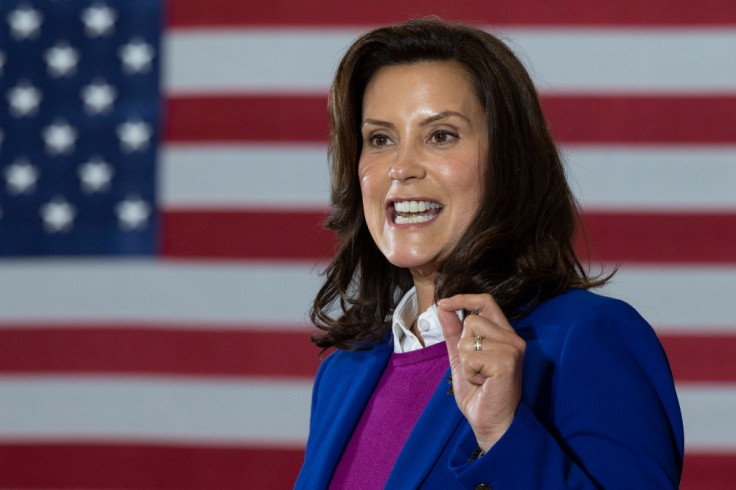
Michigan Governor Gretchen Whitmer has taken a significant step in combating hair discrimination by signing the Crown Act into law.
This groundbreaking legislation prohibits the denial of employment or educational opportunities based on discrimination against natural and protective hairstyles, such as Afros, cornrows, or dreadlocks.
As per Michigan Advance, the Crown (Creating a Respectful and Open World for Natural Hair) Act, an amendment to Michigan's civil rights law, aims to eliminate hair discrimination within various domains, including employment, housing, education, and places of public accommodation.
Michigan Fights Hair Discrimination in Schools and Workplace
Hair discrimination, often veiled as racial discrimination, has plagued individuals across the state for far too long.
According to NBC News, State Senator Sarah Anthony, the first Black woman to represent Lansing in the state Senate, passionately advocated for the Crown Act, emphasizing the countless stories of men, women, and children who have faced the denial of opportunities due to their hair.
With the signing of this legislation, Michigan sends a strong message that hair discrimination will not be tolerated.
The Crown Act has faced its share of challenges in Michigan's political landscape. Previous attempts to pass the legislation faltered in the Republican-led Legislature.
However, this year witnessed a remarkable turn of events, as the Crown Act garnered bipartisan support and secured a resounding 100-7 vote in the state House.
Michigan's triumph in enacting this law makes it the 23rd state in the nation to protect individuals from hair discrimination, according to the governor's office.
As reported by the Detroit Free Press, Michigan has joined 19 other states in enacting a civil rights protection against hair-based discrimination, thanks to Governor Gretchen Whitmer's approval.
The legislation, commonly referred to as the CROWN Act, amends the definition of race within Michigan's Elliott-Larsen Civil Rights Act.
The updated definition now includes characteristics historically associated with race, such as hair texture and protective hairstyles.
This new law ensures that discrimination based on these traits is prohibited in various domains, including housing, employment, education, and public accommodations.
Governor Whitmer strongly criticized the notion that Black communities must conform their hair to white standards or control it in order to adhere to unspoken rules, describing it as rooted in prejudice.
She emphasized that hair-based discrimination has long denied equal opportunities to Black Americans and expressed her resolve to end such injustices in Michigan.
With the support of bipartisan consensus, Whitmer highlighted the importance of this bill in safeguarding individuals from being unjustly fired, denied opportunities, or expelled from educational institutions due to their hair.
Expanding Civil Rights in Michigan
The enactment of the Crown Act aligns with Michigan Democrats' ongoing efforts to expand the state's civil rights law.
Additionally, NBC News reported earlier this year that the Elliott-Larsen Civil Rights Act, established in 1976, underwent two amendments to include protections for the LGBTQ community and workers who receive abortions.
The fundamental purpose of the Civil Rights Act, as articulated by former Republican Representative Mel Larsen, who co-authored the legislation, is to ensure that every citizen of Michigan has the right to be protected.
By adding hair texture and protective hairstyles as protected categories, Michigan continues its journey towards safeguarding the rights and dignity of its diverse population.
This progressive step not only combats discrimination but also reinforces the state's commitment to equal opportunity and inclusion.
With the stroke of a pen, Governor Whitmer has paved the way for individuals with natural and protective hairstyles to pursue employment, education, and other opportunities free from bias.
Michigan's decisive action sends a powerful message that discrimination based on hair texture or style will no longer be tolerated.